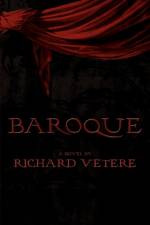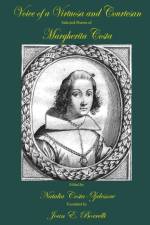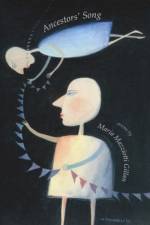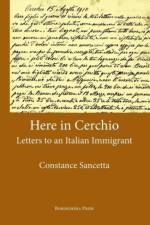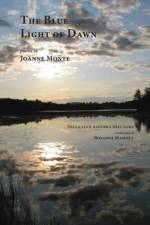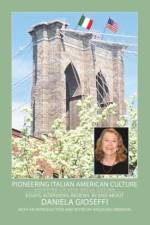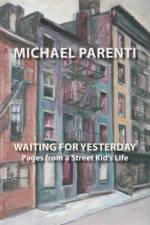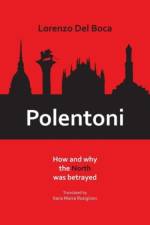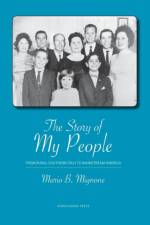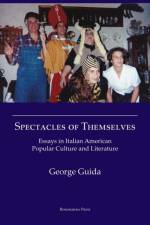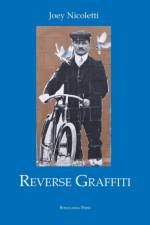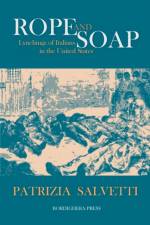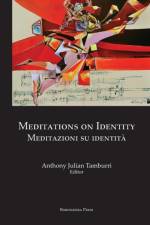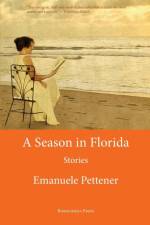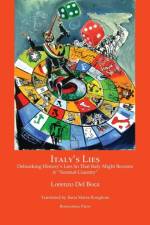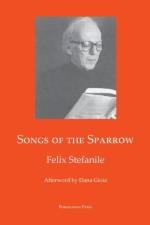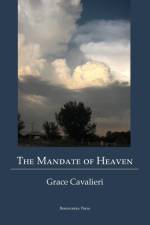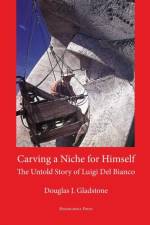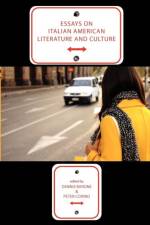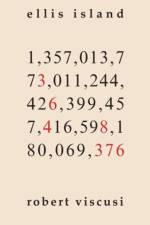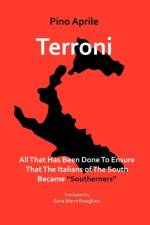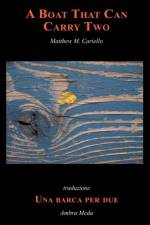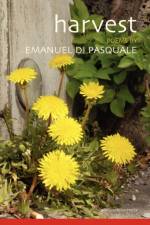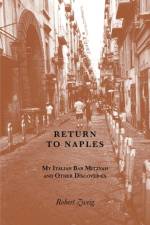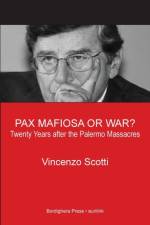- The Poetry of Felix Stefanile
av Felix Stefanile
341
Poetry. "As a poet, Stefanile presents a series of interesting paradoxes. He was both a nationalist and a cosmopolitan. Although he consciously worked in 'the American grain,' his poetry was nourished by deep roots in European literature. He championed free verse but also wrote in form. From his earliest work till his final publications, he was unwilling to give up one mode for the other. In The Dance at St. Gabriel's (1995), for instance, one finds a prose poem, a sonnet, free verse, blank verse, and rhymed quatrains side by side. A lifelong student of Italian Renaissance literature, Stefanile was an unapologetic traditionalist, but he was also an advocate of the avant- garde. He translated and published the first anthology of Italian Futurist poetry in English, The Blue Moustache (1981). Finally, Stefanile was a determined individualist who nonetheless always viewed himself as part of a community--ethnic, social, political, and cultural."--Dana Gioia, from his Afterword "For a long time now, Felix Stefanile has been among the most consistently interesting poets in America. His hard-hitting poems cry out to be spoken aloud. Readers who still need an introduction to them will find The Country of Absence an ideal point of entry. In memorable poems and an incisive essay, Stefanile sets out to retrace his roots, to understand those forces that make him a poet. In the process, he reveals a good deal about his readers, too."--X.J. Kennedy "Stefanile peoples his work with immigrants, bocce players, rowdy recruits and restless veterans, bringing all to life with compassion and eloquence. Besides offering reminders of the humanity behind history, he displays vitality and expertise in his craft as he allows each poem its own tempo and quiet refrain."--Elizabet

